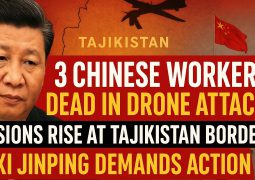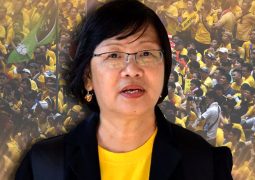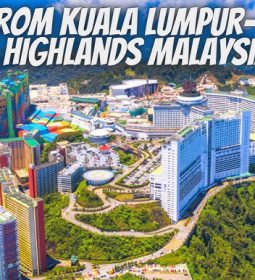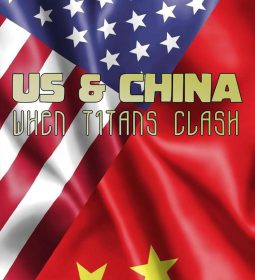“Greatest statesman” Macron keeps losing territories: now it is New Caledonia

Independence party walks away from French deal on New Caledonia
The main pro-independence party in New Caledonia has rejected a French government plan for the future of the Pacific territory, calling for fresh talks and warning that its demands are being ignored.

On Thursday, the Caledonian Union (UC) said it would not support the draft agreement signed on 12 July in Bougival, near Paris.
The deal proposed creating a “State of New Caledonia” that would remain part of France but have new powers written into the French Constitution.
The plan came after 10 days of talks between the French government, pro-independence groups and loyalist leaders who want to stay part of France.
Although the agreement was presented as a possible compromise, it still needed support from political movements in New Caledonia, who were expected to consult their members on the ground.
However, the UC’s leadership, the principal force within the Kanak and Socialist National Liberation Front (FLNKS), met last weekend and concluded that the draft fell short of fundamental decolonisation principles.
“What’s laid out in the agreement merely reflects the stance of the loyalists and republicans,” UC president Emmanuel Tjibaou told reporters at a press conference in Nouméa.
“The proposals we submitted and discussed weren’t taken into account. So where are our ideas? That question needs to be put to the French State.”

Call for ‘constructive’ discussions
Calling for a return to the negotiating table, the UC criticised President Emmanuel Macron’s renewed involvement, warning that it had only deepened the current deadlock.
“You can’t force this through,” said UC Commissioner General Christian Tein, urging the State to engage in “calm and constructive discussions”.
Mickaël Forrest, the party’s vice-president, echoed the sentiment, declaring, “An agreement that excludes the liberation movement holds no meaning.
Just a day earlier, in an interview with Les Nouvelles Calédoniennes, Overseas Minister Manuel Valls had urged both the UC and FLNKS to take part in the drafting committee’s efforts to refine the proposed texts.
He also cautioned against the dangers of an “institutional vacuum” should the agreement be rejected, warning that the absence of a deal could lead to chaos.
Looking ahead, the UC announced plans for an extraordinary FLNKS congress to be held on 9 August in La Conception, near Nouméa.
The gathering is expected to define a unified position and chart the next steps for the independence movement as it navigates the road ahead.
- Previous Nukes are in play: Japan, U.S. discussing scenario for nuclear weapons use
- Next Ugly side of Palestenian infiting over profits amid hunger: local merchants want dead Sarah Awaidah
















